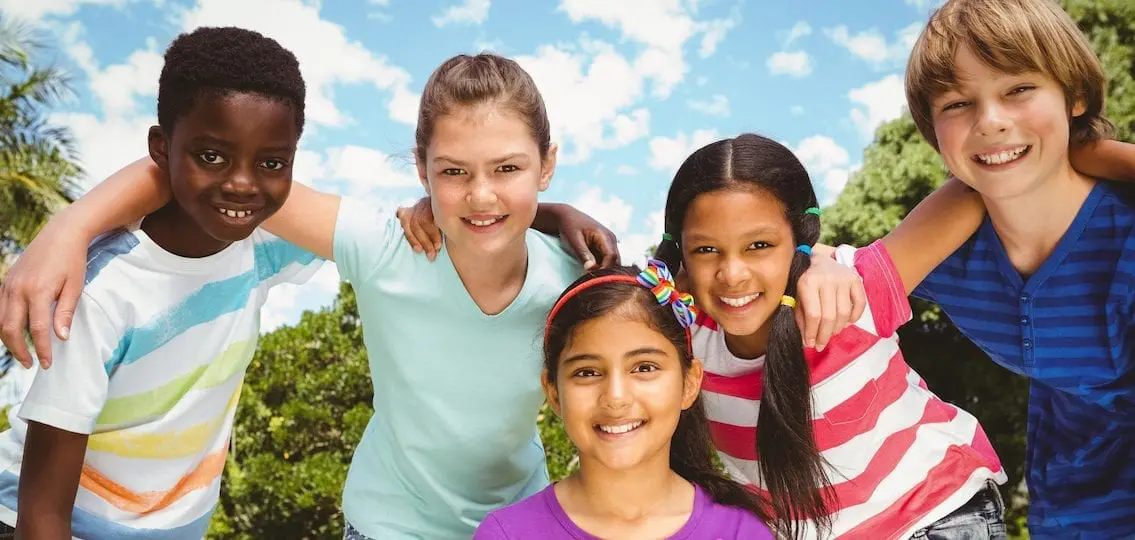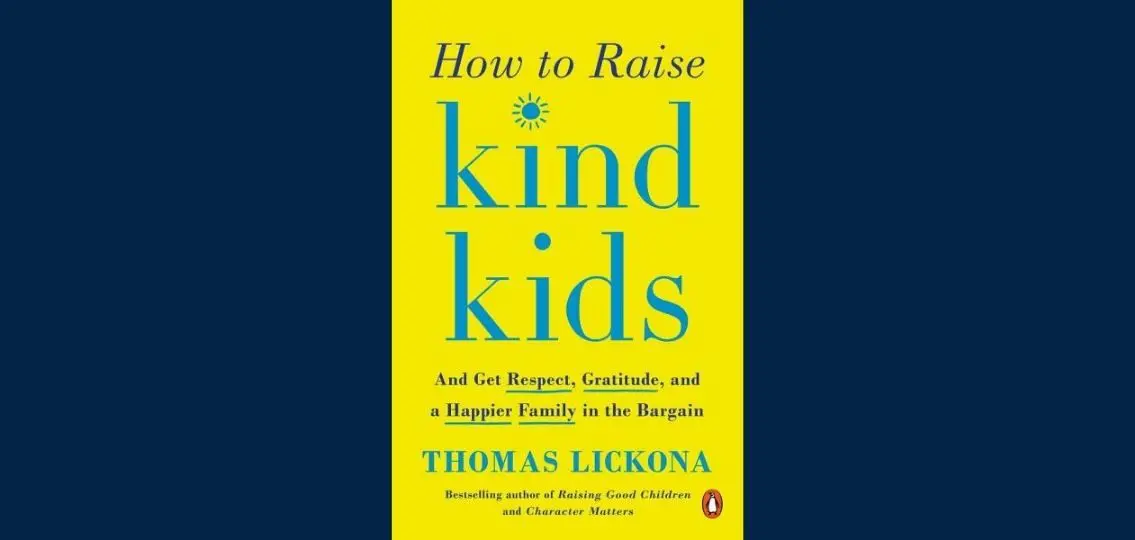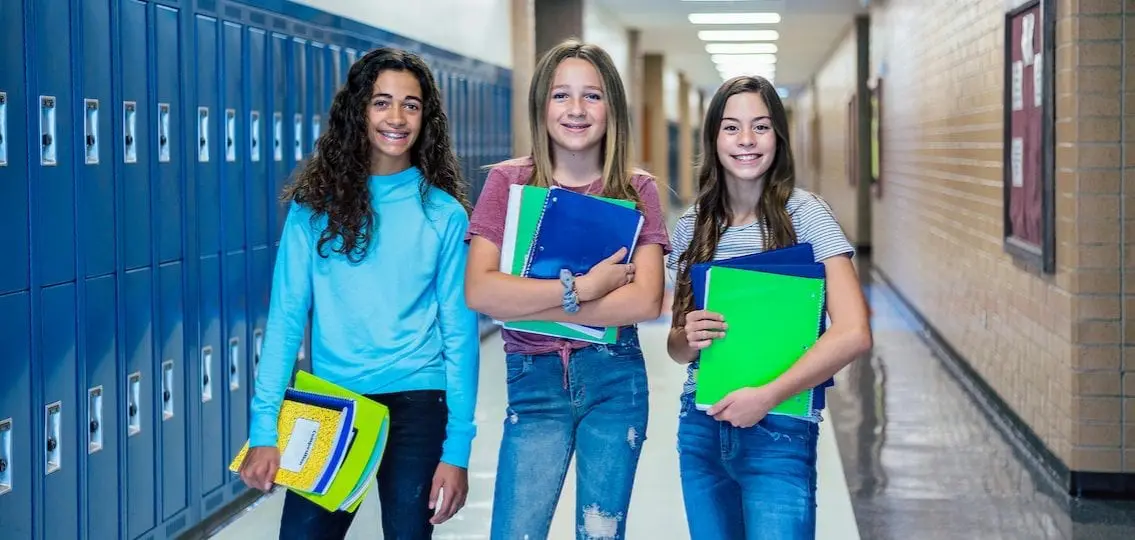Anyone interacting with tweens knows that the question, “What is your favorite subject in school?” needs to be followed with two words: “…besides recess.”

Recess is a favorite part of the school day for most kids, along with lunch, when eating is often secondary to catching up with friends. But some kids dread these times of social interaction. Angst and frustration from the day or from social media the weekend before can turn into cold shoulders or angry gazes. Scanning the lunch room can yield a minefield of potential hazards or stressors.
Acts of kindness can often fall through the cracks as students go about their busy days, thinking about the assignments, social issues, or games that are right in front of them. Moving kindness to the forefront reinforces its importance. Here’s how to help tweens build kindness every day.
3 Ways to Prioritize Kindness
1. Kindness is a choice over which we have 100 percent control.
So much of our lives are shaped by the actions of others—and this is especially true during childhood and adolescence. However, whether we choose to admit it or not, we always have control over being kind.
At our school, we stress to all of our students that each of their actions is a choice and that ultimately our school community is a product of their choices. If we foster kindness in tweens, then students act with kindness in the forefront of their minds, and the effect in our community is massive.
2. Kindness should be both forward-looking and reflective.
Pre-adolescent brains are primed to be high performing emotionally, but less developed on the decision-making front. Having regular conversations that foster kindness in tweens can equip children with strategies for better decision-making when emotions are running high. Car rides home from school or dinner time are perfect opportunities for families to talk.
Engage in some “what-if” conversations about how we ought to respond to certain people or behaviors. Much like fire drills when there is not a crisis, discussing hypothetical opportunities for kindness can produce better outcomes later in those moments when tensions run high.
It’s also important to keep kindness at the forefront after we make a mistake. Children (and adults) will mess up, but the potential for learning from their mistakes is huge if we’re honest with ourselves and our children about ways we could have handled situations more kindly.
3. Kindness requires thinking beyond yourself.
Kindness is an endeavor that centers others. Whenever you hold the door, stop to help someone pick up their books, or give an unsolicited compliment, you first recognize a need in someone else. Putting yourself in someone else’s position and thinking about their needs takes practice, too. Engaging in family activities like volunteer work or assisting neighbors or grandparents with chores can help instill the value of looking out for others and foster kindness in tweens.

Ultimately, we all benefit from reinforcing kindness in our children and the habits tweens develop now will help form the people they will become for the rest of their lives.




